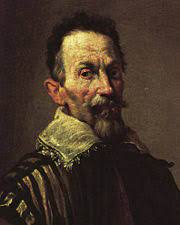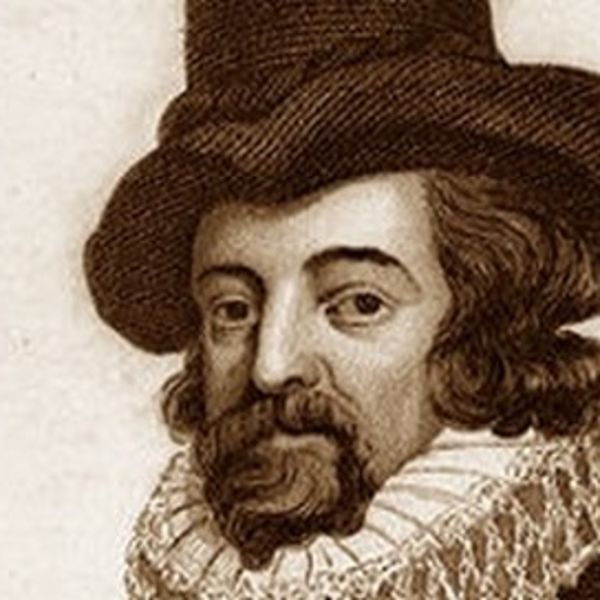

Jacopo Peri
Born: 1561Died: 1633
Education: Peri was able to study in Florence with Cristofano Malvezzi, and went on to work in a number of churches there, both as an organist and as a singer.
Career: He subsequently began to work in the Medici court around September 1588,[4] first as a tenor singer and keyboard player, and later as a composer. His earliest works were incidental music for plays, intermedi and madrigals.
Under the early sponsorship of the Florentine Cristofano Malvezzi, Peri had published by 1583 both an instrumental work and a madrigal. After early posts as an organist and singer, he was employed in 1588 by the Medici court and, after 1600, was also associated with the court at Mantua. Contemporary testimonials mention his skill as a singer and chitarrone player. In collaboration with Ottavio Rinuccini and Jacopo Corsi, Peri is best known for composing what was probably the first opera, La Dafne (1598), and also, in collaboration with Rinuccini, the first opera for which complete music still exists, L’Euridice (1600); some of the music used in the first performance of L’Euridice was composed by Peri’s rival at court, Giulio Caccini. The impetus for this new style of dramatic singing, quite different from the traditional Renaissance texture of complex polyphony, was cultivated in Peri’s association with the Florentine poets, musicians, and literati, including Giovanni Bardi, Vincenzo Galilei, and Corsi, who sought to re-create the simplicity of ancient Greek dramatic productions.

